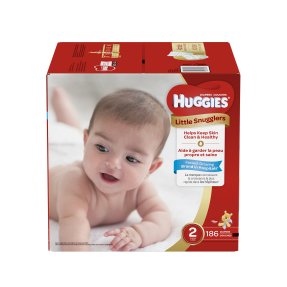Choosing Your Words Carefully in Advertising: NAD Recommends Advertiser Discontinue Use of the Word “Choosing”
 Almost every NAD case begins with the maxim: It is well-established that an advertiser is responsible for all reasonable interpretations of its claims, not simply the messages it intended to convey. It follows that advertisers must choose their words very, very carefully to avoid unsubstantiated claims. As we’ve blogged about before, comparative advertising can be highly effective in touting the advantages of a company’s products against those of its competitor, but these types of claims often require more careful substantiation than non-comparative ones. So what happens when an advertiser’s claim is not intended to be comparative on its face, but one of the reasonable interpretations of its claim is comparative in nature?
Almost every NAD case begins with the maxim: It is well-established that an advertiser is responsible for all reasonable interpretations of its claims, not simply the messages it intended to convey. It follows that advertisers must choose their words very, very carefully to avoid unsubstantiated claims. As we’ve blogged about before, comparative advertising can be highly effective in touting the advantages of a company’s products against those of its competitor, but these types of claims often require more careful substantiation than non-comparative ones. So what happens when an advertiser’s claim is not intended to be comparative on its face, but one of the reasonable interpretations of its claim is comparative in nature?
The NAD will likely recommend that the advertiser choose a different word. In a recent case, the NAD analyzed Kimberly-Clark’s advertising claim “More hospitals than ever are choosing Huggies.” In connection with data presented to substantiate a related claim (“Huggies® diapers is the fastest growing brand in hospitals (‘based on volume share growth’)”), which we will blog about soon, the NAD found that Kimberly-Clark had provided reasonable substantiation to support the statement that “more hospitals than ever” were purchasing/using Huggies, but NAD was troubled by the use of the word “choosing.” The NAD found that the word choice:
connotes a “selection” of one product over another, and that consumers could reasonably interpret this claim to mean that more hospitals than ever are choosing Huggies over [the main competitor] (or buying more Huggies diapers than [those of the main competitor])—a message that the evidence in the record does not support.
So, was there a better word choice? According to the NAD, Kimberly-Clark could have made the claim self-referential by saying “more hospitals than ever before are using Huggies,” or that Huggies is finding its way into more hospitals than ever before.”








